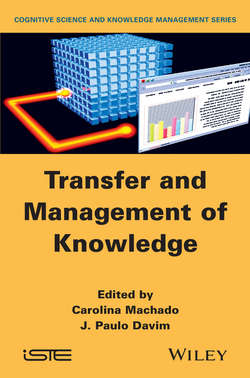Описание книги
In present days more and more academics and practitioners are seeking to understand how organizations manage their knowledge and intellectual capital in order to obtain more effective competitive advantages. Taking into account these issues, and in order to answer the concerns expressed by these professionals, this book looks to help them to understand and implement in their organizations effective transfer and management of knowledge strategies. It looks for ways to understand and perceive how organizational HR, individually and as a team, conceptualize, invent, adapt, define and use this knowledge and intellectual capital. The book has a special interest in research on important issues that transcend the boundaries of single academic subjects and managerial functions. In a modern world, characterized by high levels of competition and complexity, only those organizations which can manage, efficiently, all their assets can survive. Among these the management of knowledge and intellectual assets is a recent and challenging process. Only with human talent organizations can survive. Conscious of these priorities, this book is of great relevance as it looks for ways to understand and perceive how organizational HR, individually and as a team, conceptualize, invent, adapt, define, transfer and use knowledge and intellectual capital. It is, also, very important and with positive implications to practitioners and academics, as it will contribute to a more effective advance and tool of communication in what concerns the understanding of key issues related to the knowledge management and intellectual capital in competitive organizations management all over the world.
